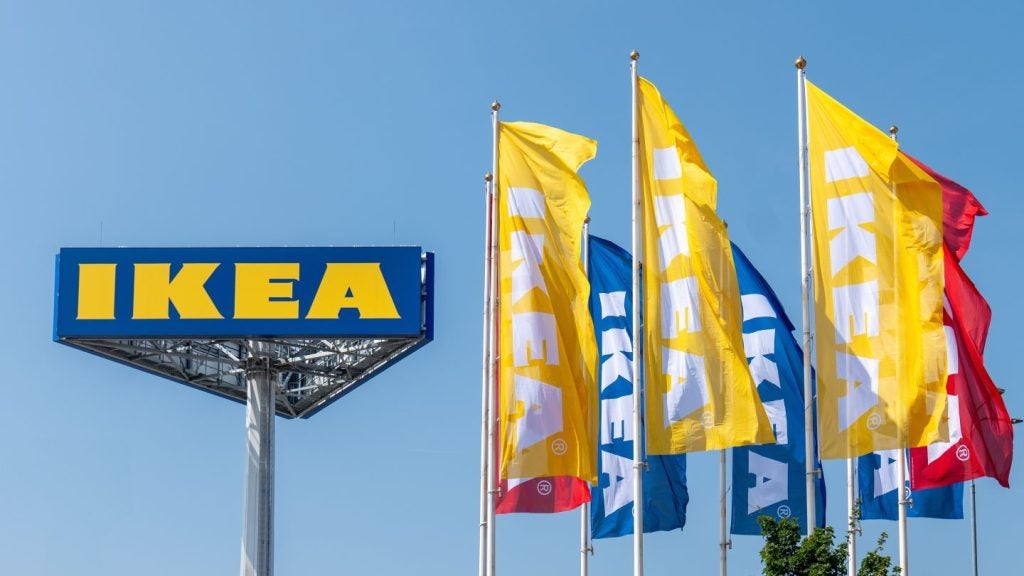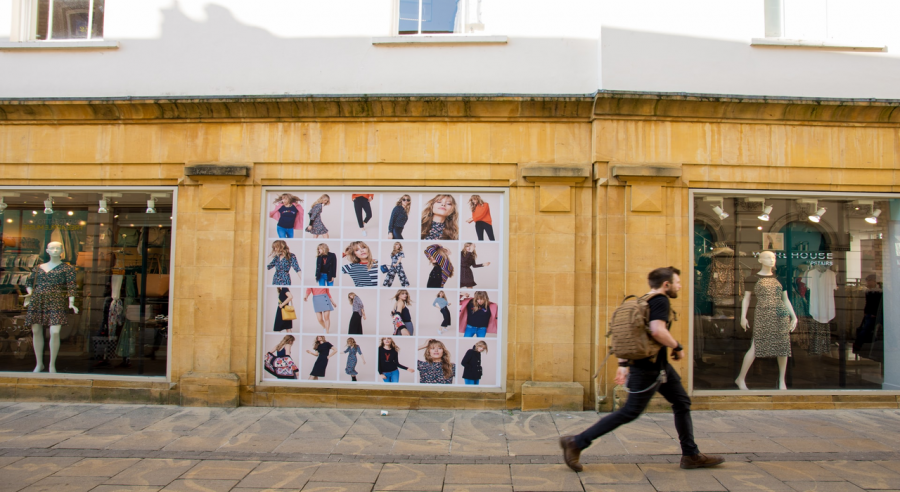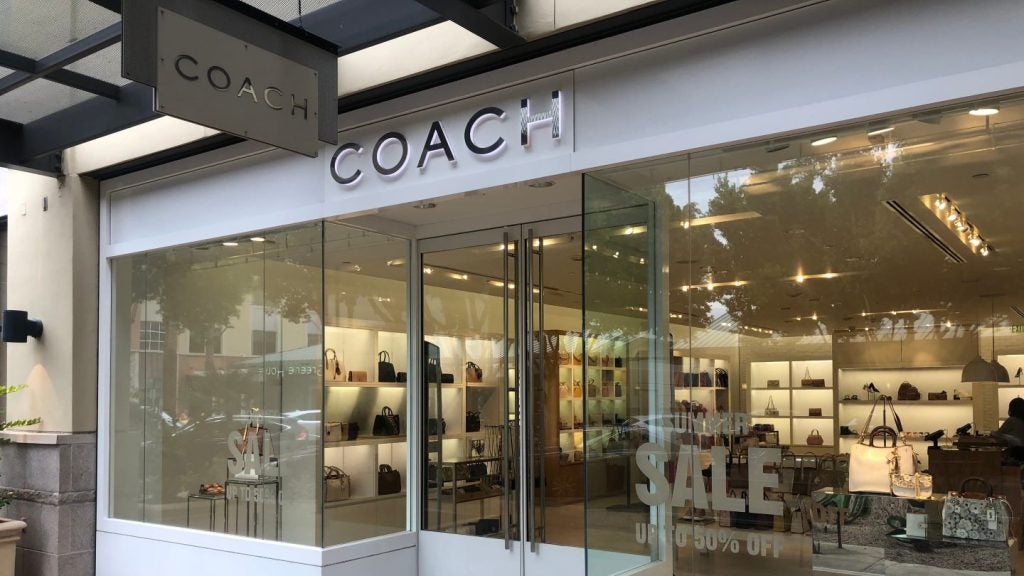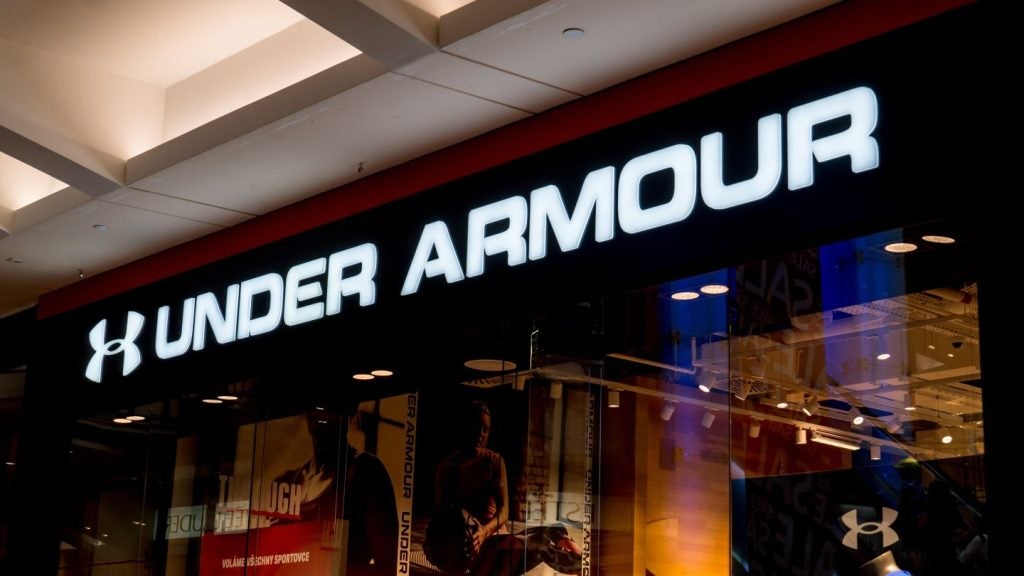Inter IKEA Group has reported a decline in profitability for the fiscal year ended 31 August 2025 (FY25), after being hit by tariffs and rising costs.
The Sweden-based company’s net result stood at €1.5bn ($1.7bn) in FY25, down from €2.2bn a year earlier.
Operating result slumped 26% year-on-year to €1.7bn.
The company attributed the drop to higher sourcing costs, including increased US tariffs.
Profitability was particularly weaker in the second half of the fiscal year.
Total revenues were €26.3bn, slightly below FY24’s €26.5bn, while IKEA retail sales reached €44.6bn versus €45.1bn a year earlier.
Despite lower revenues, wholesale sales volumes rose 6% year-on-year as IKEA retailers bought more to improve product availability.
Inter IKEA stated that continued price reductions supported its affordability strategy and helped to drive higher sales volumes.
Comparable operating expenses were broadly stable, rising slightly due to the first-time consolidation of retail and forest operations in the Baltics and additional spending on sustainability and digital capabilities.
IKEA Retail Baltics’ results were in line with expectations and improved on the previous year.
The company added that increased tariffs were “partly absorbed” and that ongoing cost management offers “opportunities to grow and reduce prices for customers in the foreseeable future.”
Inter IKEA highlighted investments to support sustainable and affordable design, citing products such as the ZEBRASÄV pendant lampshade made from 50% recycled plastic and the MITTZON desk designed with less steel to cut emissions.
During the year, the group agreed to acquire its first forestlands in Latvia, totalling 8,000 hectares, to secure a long-term, responsibly managed wood supply.
It also announced a recycled-wood sorting facility at its IKEA Industry site in Kazlų Rūda, Lithuania, supporting a target of 80% recycled wood in particle board production by 2030.















